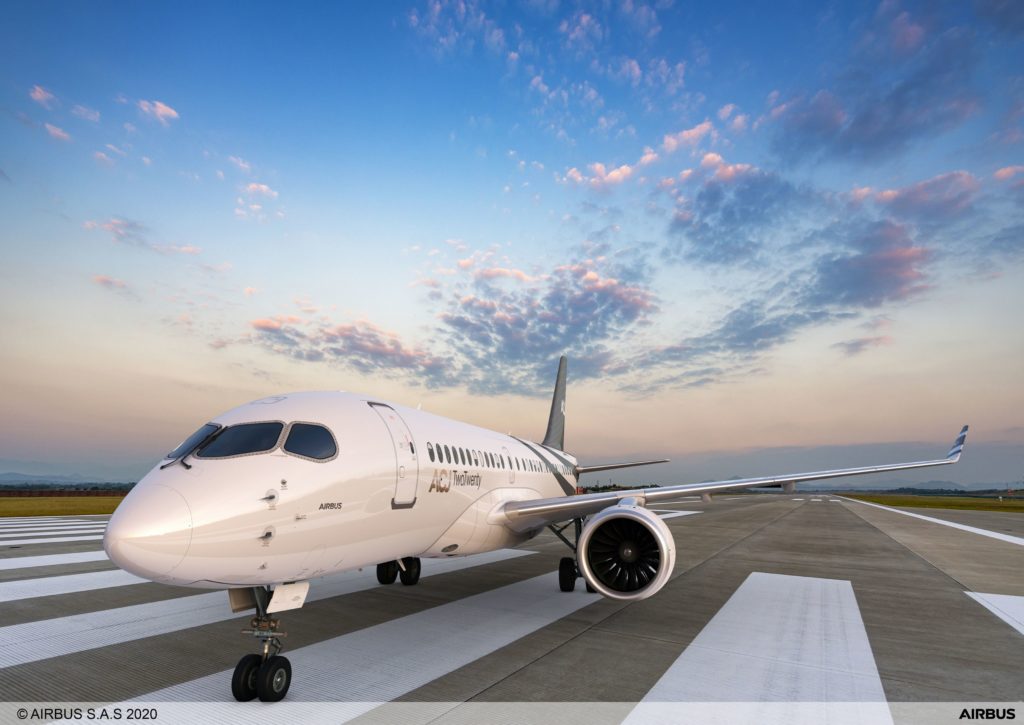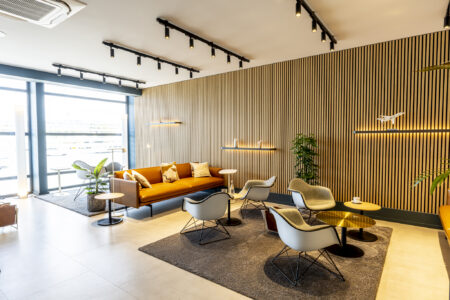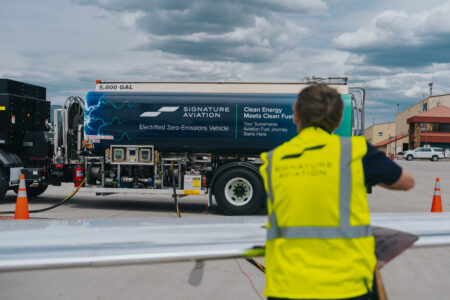Six out of ten US executives believe the use of sustainable aviation fuel (SAF) will increase significantly during the next five years, according to research released at this year’s NBAA-BACE 2022.
The research, commissioned by Airbus Corporate Jets (ACJ) and was conducted with senior executives from US businesses with an annual revenue of over US$500 million
The research reveals that nine out of ten (89%) of senior US executives interviewed believe the cost SAF will reduce over the next five years. They also expect to see an increase in investment in advanced technologies to process feedstocks more efficiently at greater scale, and also in the development of sustainable and scalable feedstock options, needed to grow the SAF market.
In addition, to help increase the use of SAF there needs to be greater support from governments and other stakeholders through policy initiatives. Half of the senior business executives interviewed expect a dramatic improvement in this area between now and 2025, and a further 35 percent say the situation will improve slightly.
Some 86% of those interviewed believe SAF will help grow the business aviation because it will provide greater control over the environmental impact of flights.
“The business aviation sector is acutely aware of the need to find ways to reduce the impact of flying on the environment,” said Sean McGeough, vice president commercial of ACJ for North America. “Airbus is committed to pioneering the use of sustainable fuel, but also the latest technology to reduce the impact of our aircraft on the environment. For example, our new ACJ TwoTwenty business aircraft uses advanced materials and technology for lower fuel burn and maintenance costs. It has 50% lower emissions per square meter when compared to large business jets in general.”
ACJ offers a range of large business aircraft, the latest of which is the ACJ TwoTwenty, launched in October 2020. The ACJ TwoTwenty is certified to fly with a 50% percent blend of Sustainable Aviation Fuel (SAF) and Airbus aims to achieve 100% SAF certification by 2030.





